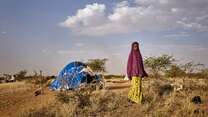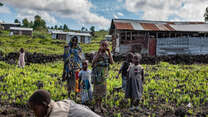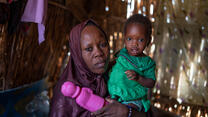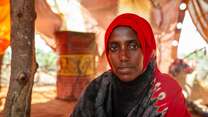The International Rescue Committee (IRC) is issuing this report with the intention of refocusing attention on the needs of the Central African people as well as on the obstacles the IRC and other humanitarian agencies are experiencing in trying to aid the population. The report is based on field research in CAR and draws on surveys and interviews with 85 conflict-affected Central Africans. Additionally, the IRC, with support provided by a research team from the Johns Hopkins University School of Advanced International Studies (SAIS), has projected what humanitarian need in CAR could look like in two key areas—food security and shelter—if insecurity persists and funding requirements are not met. The combination of field research and this analysis has led to the following key findings:
- Chronic insecurity, misrule and failed governance are the biggest obstacles to meeting the humanitarian needs of Central Africans. Central Africans themselves cite these problems as reason for skepticism that the country will manage peaceful elections and transition to a new government.
- The impact of humanitarian assistance is muted by the lack of comprehensive investment designed to bring stability to the country and support long-term institution building. Humanitarian assistance is desperately needed and blunts the impact of the crisis on Central Africans, but it is only palliative.
- For the international community to make a difference it must employ everything in its tool kit to ensure stability —diplomacy, peacekeeping, and humanitarian and development assistance.



